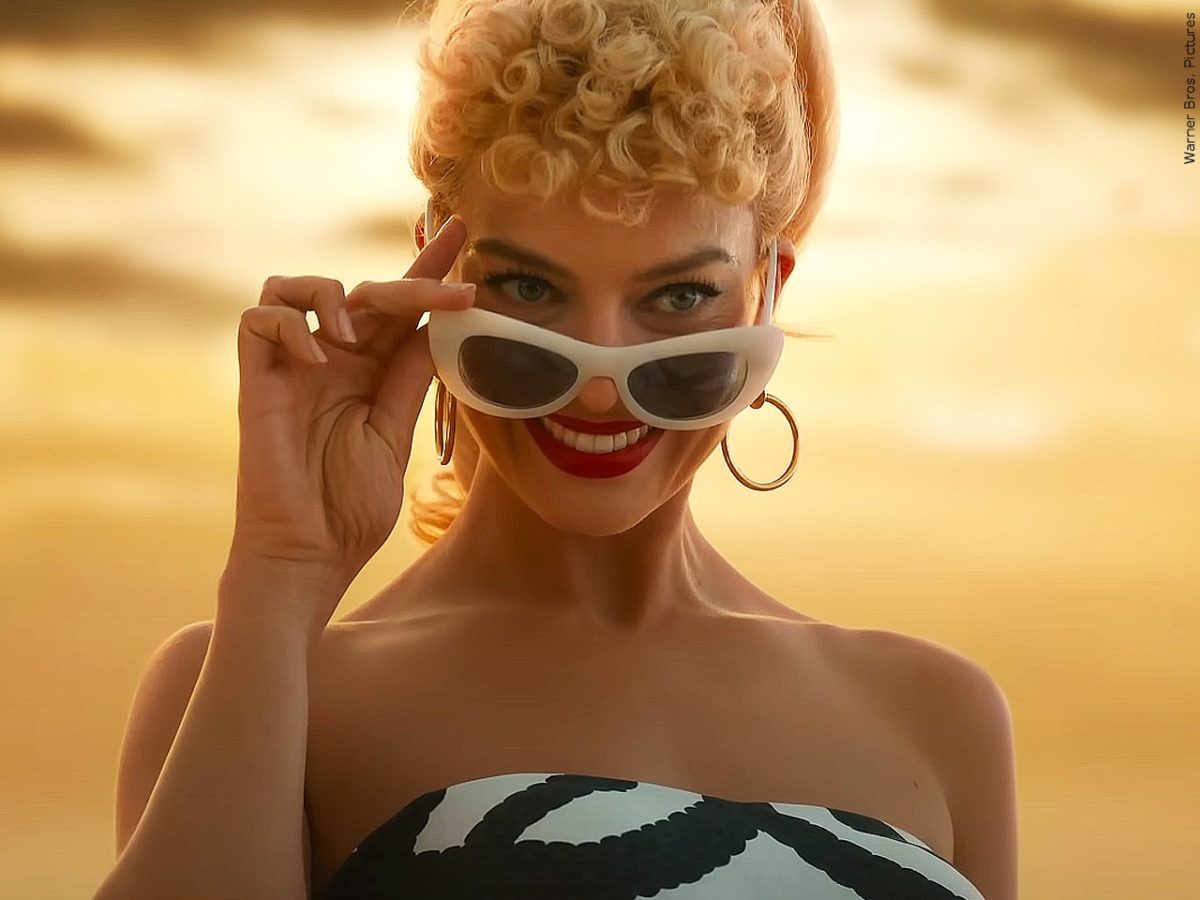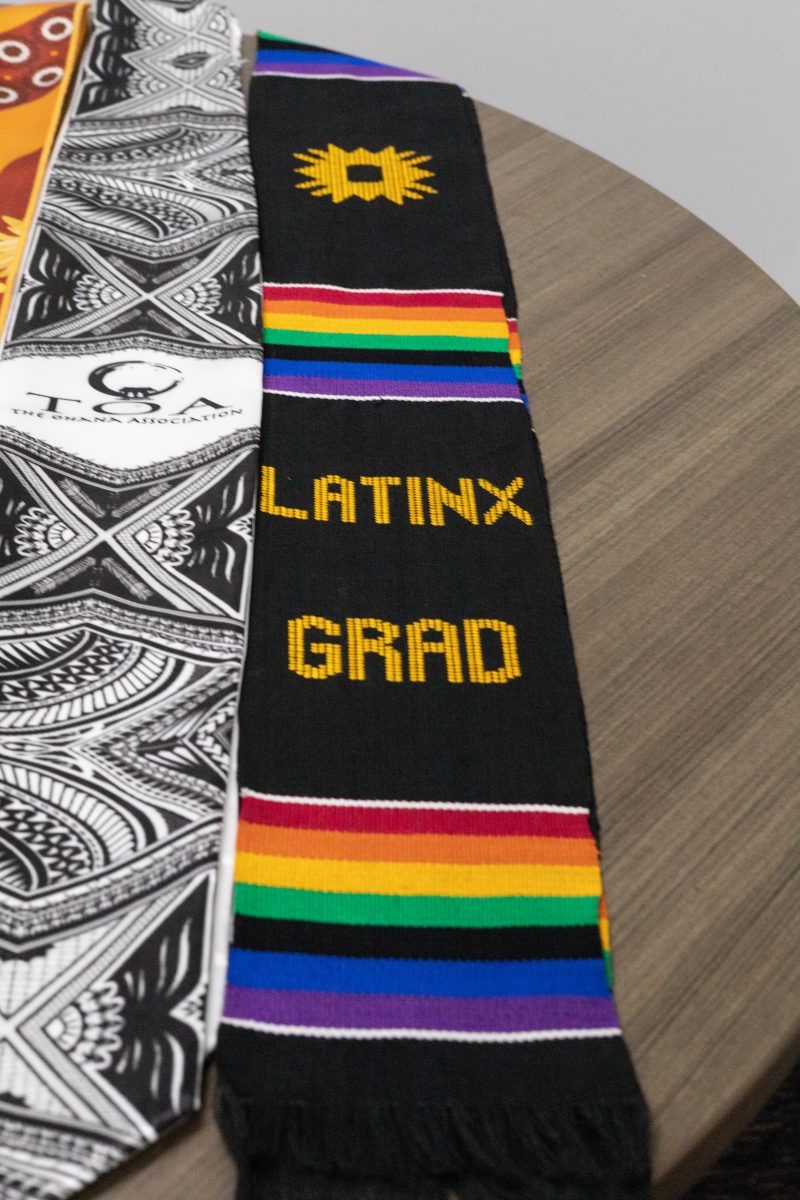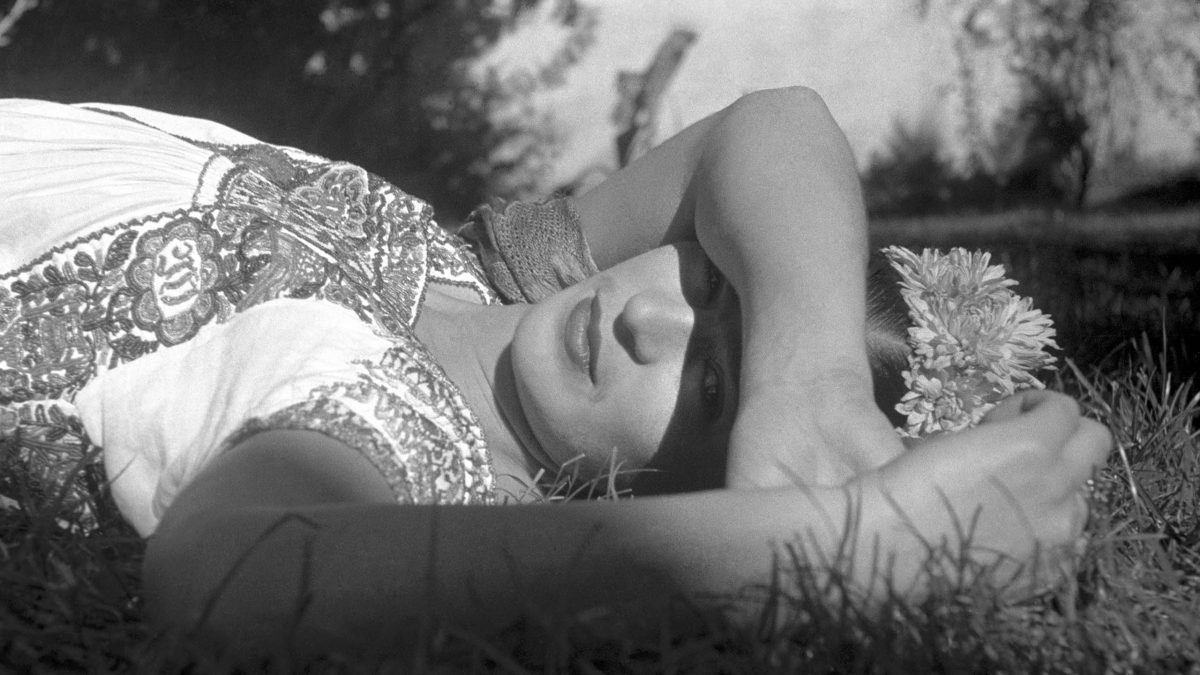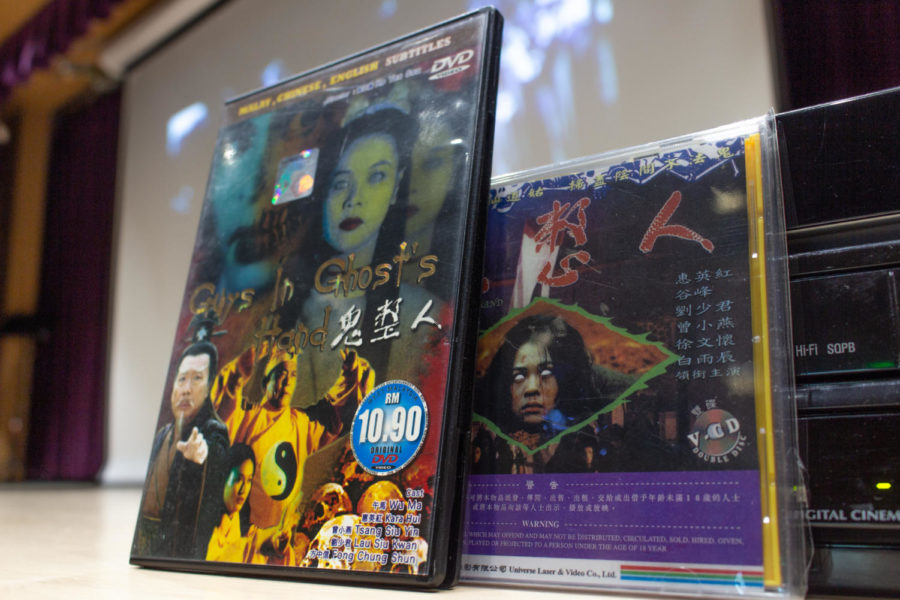As everyone is probably sick of hearing, the highly anticipated film adaptation of Suzanne Collins’ young adult novel The Hunger Games opened a week ago and sits firmly atop the box office. Naturally, since nearly everyone has seen it, everyone is talking about it with everyone else.
As with many pop-culture phenomena, though, some deeper issues, even downright ugliness, rear their heads in the midst of what you’d think would be just the harmless fun of a popular movie’s reception.
For those unfamiliar with the book, the character of Rue, a fan favorite, is described in it as having “dark brown skin and eyes.” While this could describe someone of numerous racial backgrounds, the filmmakers went with a young black actress, Amandla Stenberg, who nearly everyone seems to agree embodied the character perfectly, and quite obviously did not contradict the vague description.
Some fans apparently didn’t read that part, however (though they claim to be familiar enough with the book to care about the film’s casting). Here are some examples of the tweets that surfaced in response to seeing Stenberg in the role:
“why does rue have to be black gonna lie kinda ruined the movie.”
“Kk call me racist but when I found out rue was black her death wasn’t as sad. #ihatemyself.”
“Awkward moment when Rue is some black girl and not the little blonde innocent girl you picture.”
Among the many shocking and baffling implications that are crystal-clear in these statements, there is also the telling sidenote that general audiences are inclined and determined to see all sympathetic characters as white even when the author clearly and explicitly states them not to be.
Actors Lenny Kravitz and Dayo Okeniyi, who also play small but much-loved characters, have come under similar fire for playing characters who were not spelled out to be black. While Kravitz’s character, Cinna, was described in the books as having brown hair and green eyes, which we suppose could lead some readers to picture him as white, most fans could see why director Gary Ross cast singer Kravitz, as he made his acting mark with a similar role in the film Precious. Interestingly, within the context of the book, citizens of the Capitol tend to dye their hair, eyes and skin any color they please, so to use green eyes or lighter brown hair as argument that Cinna absolutely had to be played by a white actor is disturbingly transparent. Would as many people have complained if he had blonde hair instead of brown? The fact that every black cast member has been met with considerable dismay reeks of something far more sinister than canon loyalty, especially when you take into account that Rue, the most-criticized of the three by far, had every reason not to be white.
On the flip side, lead actress Jennifer Lawrence also came under harsh criticism from fans when she was cast — not because she was black, but because she was white. Lawrence and producers interpreted the complaint to be that she was blonde and curvaceous instead of a haggard, malnourished-looking brunette, but most naysayers’ problem was in fact that Katniss was ambiguously described as having an olive complexion, which some interpreted to mean she was not Caucasian. There were murmurs of “whitewashing” the film by not giving minority actresses a chance. The race of the character was pretty clear in the books, given her very white sister and mother and the fact that she lives in a predominantly white Appalachian district, so why not criticize the source material instead if it’s a problem for you? Whether the criticisms are justified or not in this particular case, however, it’s common knowledge that the big studios are unsure how to market non-white leads in mainstream films wherein race is not the primary focus, so again, this is just a trivial symptom of a larger problem.
Has our society — or heck, even just cinema — progressed so little that skin color is still our foremost reference point for people? Entertainment is one arena where we shouldn’t have to worry as much about the devastating problems of our world. As a friendly suggestion, perhaps those who find race to be the be-and-end-all of how much they enjoy a film should refrain from its public discussion — at least until they can do so without implying that the death of a person with any skin color other than white is preferable to the alternative.



















